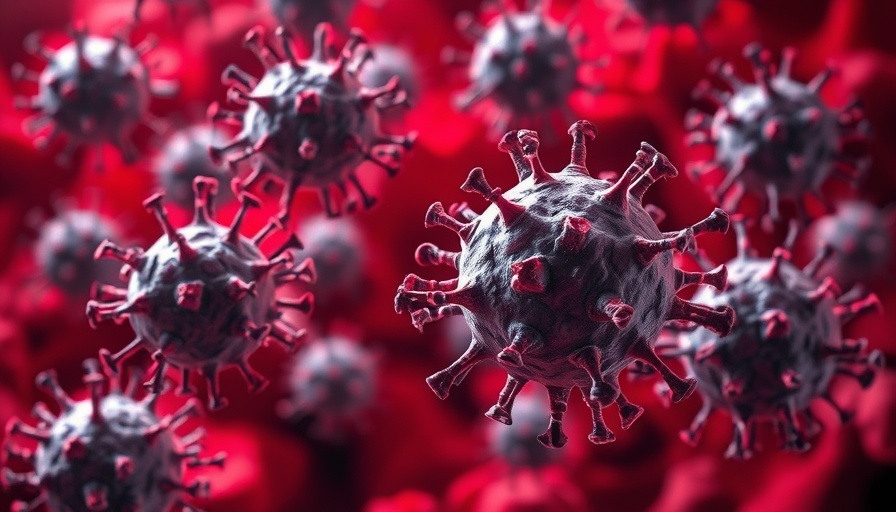
Pea Plant Virus: A Game-Changer in Cancer Treatment
Exciting breakthroughs in science often come from unexpected places, and the cowpea mosaic virus (CPMV)—a virus that usually infects the black-eyed pea plant—is proving to be a powerful ally in the fight against cancer. Researchers at the University of California San Diego have recently discovered that this humble plant virus can effectively activate the body's immune system to combat cancer cells.
Unleashing the Body's Immune Power
In preclinical studies, CPMV has shown remarkable anti-tumor effects in mouse models and even in canine cancer patients. When injected directly into tumors, CPMV therapy works by drawing innate immune cells—such as neutrophils, macrophages, and natural killer cells—into the tumor microenvironment. This recruitment is crucial for not just destroying cancer cells but also for instilling long-lasting immunity. The study led by Nicole Steinmetz highlights how CPMV stimulates an immune 'reawakening,' allowing the body to recognize and attack not just the tumor at hand but potential metastatic growths throughout the body.
Why CPMV Stands Out Among Plant Viruses
What sets CPMV apart from other plant viruses? Unlike the related cowpea chlorotic mottle virus (CCMV) that exhibits no anti-tumor effects, CPMV encourages the production of powerful proteins known as interferons. As noted by lead author Anthony Omole, these interferons are among the first compounds used in cancer immunotherapy. CPMV demonstrates superior immune response because it delivers its RNA more effectively into mammalian cells, triggering critical immune pathways that lead to tumor destruction.
Cost-Effective Immunotherapy: The Future is Bright
One of the most compelling aspects of CPMV therapy is its cost-effectiveness. As a plant-based treatment, CPMV can be produced via molecular farming, utilizing sunlight, water, and soil, thus bypassing the high costs associated with traditional pharmaceutical manufacturing. This affordability opens doors for broader accessibility to innovative cancer treatments, particularly in underserved communities.
Emotional and Human Connection
The potential of CPMV for cancer treatment extends beyond science—it represents hope for many. Families affected by cancer often search for affordable treatments that work. As advancements like these emerge, they provide not only scientific optimism but also a personal connection to the millions whose lives have been altered by cancer. The prospect of an effective, low-cost treatment rekindles hope where it may have waned.
Looking Ahead: What's Next for CPMV Therapy?
With clinical trials on the horizon, the scientific community eagerly anticipates what’s next for CPMV therapy. If successful, this groundbreaking approach could pave the way for new immunotherapies that harness the natural world to combat one of humanity's most persistent health challenges. As we stand at this intersection of nature and innovation, the future of cancer treatment could be shaped by the miraculous resilience found within nature itself.
In conclusion, the revelation that the cowpea mosaic virus can stimulate a powerful immune response against cancer is encouraging news for patients and their families. As we await the outcomes of clinical trials, the hope for a more affordable and effective cancer treatment grows stronger.
 Add Row
Add Row  Add
Add 




Write A Comment